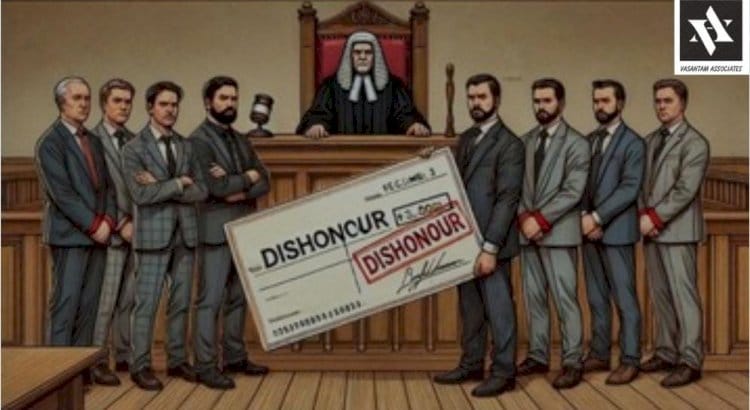
The case revolves around a cheque bounce issue under Section 138 of the Negotiable Instruments Act, 1888 (NI Act). Amit Jain, the appellant, extended a friendly loan of 73,60,000 to his friend Sanjeev Kumar Singh, who serves as the Director of M/s Naina Packing Private Limited. The loan was supposed to be repaid by April 30, 2017, but despite repeated requests, Sanjeev Kumar Singh issued a cheque for ?1,80,000 as a partial payment, which later bounced due to insufficient funds.
Following this, Amit Jain took legal action against Sanjeev Kumar Singh by filing a complaint under Section 138 of the NI Act. However, the Trial Court, after reviewing the case, acquitted the respondents, leading Amit Jain to appeal to the Delhi High Court.
The central legal issue in this case revolves around the presumption of liability under Section 139 of the NI Act, which states that once a cheque is issued, it is presumed to have been done to settle a debt or liability. The question was whether Sanjeev Kumar Singh successfully countered this presumption.
The Trial Court acquitted the respondents, arguing that Amit Jain had failed to prove the existence of a loan or an enforceable debt. The court pointed out the absence of any written agreement, the lack of interest on the loan, and the appellant's inability to prove his financial capacity to lend such a significant amount.
The Delhi High Court, led by Justice Anish Dayal, critically examined the Trial Court’s reasoning and found significant flaws in its approach. Justice Dayal highlighted that the Trial Court erred by focusing too much on the inconsistencies in the appellant's case, rather than first considering whether the respondents had effectively rebutted the presumption under Section 139 of the NI Act.
The High Court underscored that once the respondent admitted to signing the cheque, the presumption under Sections 118(a) and 139 of the NI Act came into play, shifting the burden of proof to the accused to rebut this presumption. The court noted that the respondent had not presented any defense evidence, relying only on bare denials in his statement under Section 313 of the Code of Criminal Procedure (CrPC).
Drawing on Supreme Court rulings in Bir Singh v. Mukesh Kumar and Basalingappa v. Mudibasappa, the High Court reaffirmed that the presumption under Section 139 is indeed rebuttable, but the burden of proof rests on the accused to establish a credible defense. The mere lack of documentation or questions about the complainant’s financial ability are not enough to overcome this presumption.
Justice Dayal made an important observation, stating, "The presumption under Section 139 of the NI Act cannot be rebutted by mere denials or by exploiting inconsistencies in the complainant's case. The accused must provide solid evidence to prove that the cheque was not issued to settle any debt or liability."
In conclusion, the Delhi High Court determined that the Trial Court had wrongly acquitted the respondents by mistakenly placing the burden of proving the debt on the complainant, which goes against the statutory presumption in favor of the cheque holder.
As a result, the High Court allowed the appeal, overturned the Trial Court's decision, and directed that the case be sent back to the Trial Court for further proceedings in line with the law. This ruling reinforces the principle that the presumption under Section 139 of the NI Act places a significant burden on the accused, which cannot be rebutted without substantial evidence.